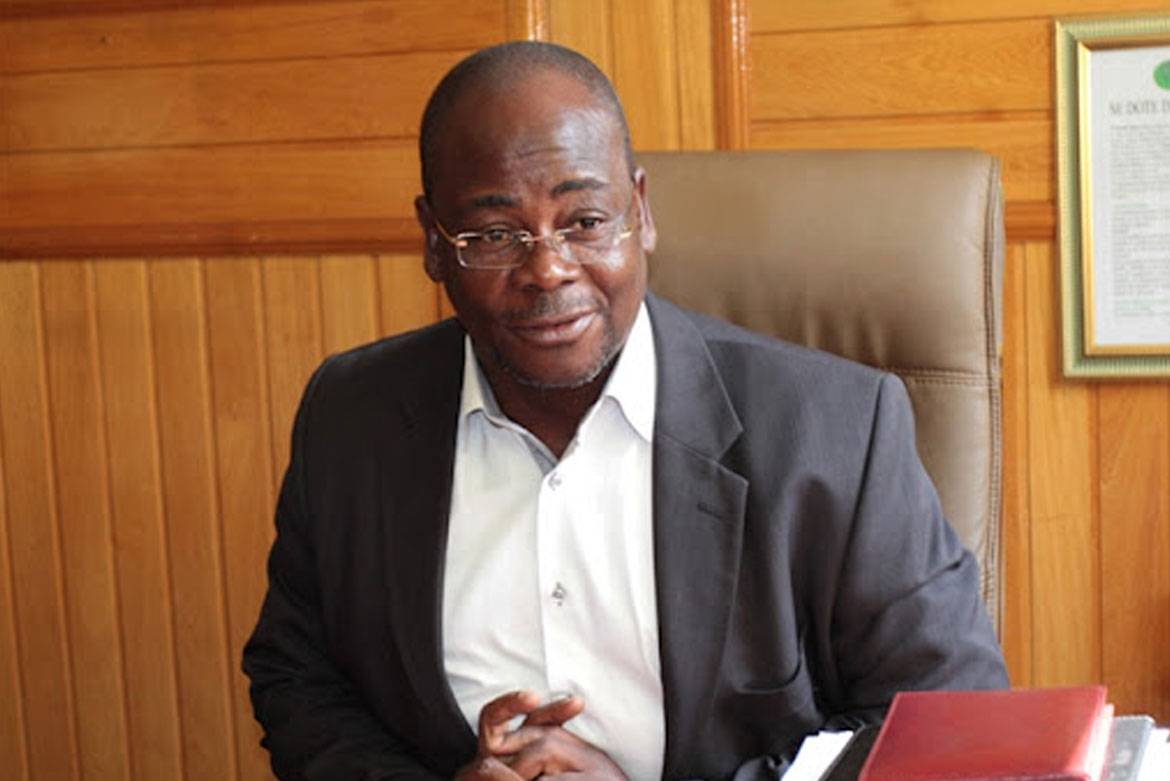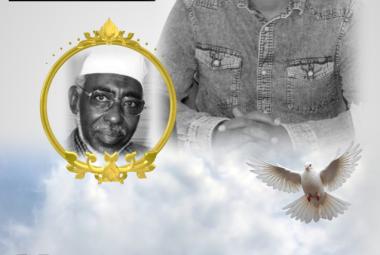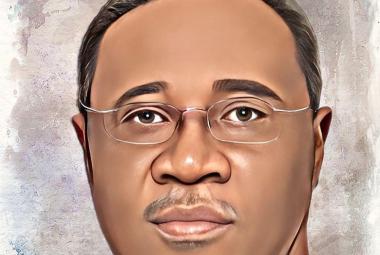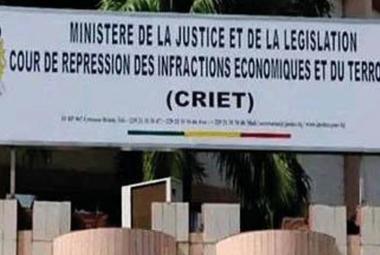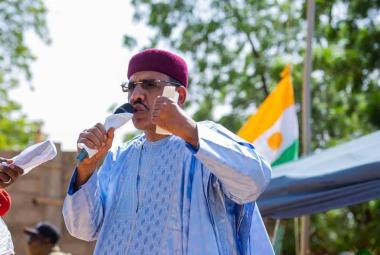I spent my childhood and adolescence in the small town of Ouellé, near Daoukro, and for several years, we lived in the house that served as the office and home of the “circle commander” during colonization. Ivory Coast had just gained independence and the colonist had just left. I remember a huge house with many rooms, bedrooms, offices, dungeons, outbuildings, and lots of flowers and trees. One day, a sub-prefect came and destroyed this house. The space remained empty for several years, before the town hall was built there. Why did he destroy this house, when there was no need to build something in its place? Perhaps he found that this colonial-style house, which was occupied by the colonist, no longer corresponded to his vision of modern Ivory Coast. There are still in Ouellé some old houses dating from this period, with columns or foundations made of cut stone, which some of the town's inhabitants have appropriated, sometimes transformed. Many others have simply been razed to make way for so-called modern houses. There is also, at the exit of the town, on the road to Ananda, a very old house that belonged to a Frenchman named Bougarel and that the inhabitants had named "Bougarelkro". It was the largest house in the region, a "two-story house", which was impressive at the time. When the first police station was created in Ouellé, it was installed there. Then it was moved elsewhere and the house was abandoned. Today it is in ruins.
In Bocanda, where I was born, near the sub-prefecture, there are many houses of this style. In fact, they can be found in all our towns built before our independence. I have always loved these old houses, and I think that they are the ones that give a soul to our cities. Maybe because they are the oldest of our houses, since we have destroyed everything that constituted our traditional architecture, apart from a few old mosques in the north, or maybe also because they are the ones that have character and were built taking into account the climate and the environment, those that respected a certain urban plan. It is these old colonial houses that have earned the old district of Grand-Bassam a place on the UNESCO world heritage list, that give charm to cities such as Jacqueville, Sassandra, Tabou, to name but a few. But when we do not destroy them to build so-called modern houses in their place, we often leave them abandoned, waiting for time to destroy them. The entire old city of Grand Lahou was swallowed up by the sea without us reacting. Beyond the architectural aspect, these houses are also loaded with history, with our history. Being attached to them does not mean that we are attached to a history, that of colonization. History is a whole that we assume entirely, and not piece by piece. And then, I will never repeat it enough, places of memory are also vectors for the development of tourism in all countries of the world. Apparently the Ivorians are the only ones who do not understand this. Maintaining them is investing in tourism. However, we only have to look at what the "slave house" of Gorée brings to Senegal. Benin, which has begun to invest in its places of memory, is beginning to see the benefits. Last January I was at the "Vodoun days" of Ouidah which were held where the slaves were embarked. I recently spoke in these columns about the first school built in Ivory Coast in the town of Elima, the first European-style house built in Ivory Coast, and the first coffee plantations created in our country, still in this same town located on the shores of the Aby lagoon, opposite the town of Adiaké. If we were to reconstruct this school, rehabilitate this house, and create a coffee museum in this village of Elima, we can easily imagine the number of tourists who would flock there. And, since this history is closely linked to that of France in Ivory Coast, there would be no shame in seeking the cooperation, at least technical, of this country in the realization of such a project that we could perfectly finance ourselves. Ivorian patrons could join in.
But what would stand in the way of such a project is our hatred of everything old, our hatred of our own history and our unbridled race towards modernity. We have got it into our heads that in order to be “civilized”, to escape the infamous label of “savage”, we must erase all traces of our past, of our history, and live in modernity, that is to say in houses and cities without style, without soul, without originality.
By Venance Konan
*This article has been translated from French into English by Marcus Boni Teiga



